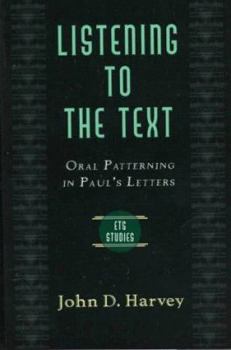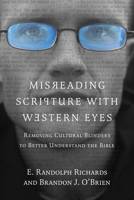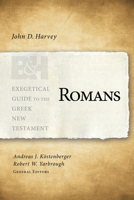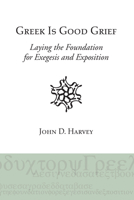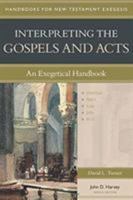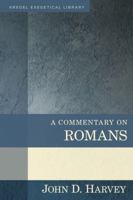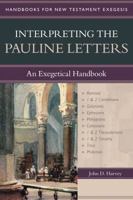Listening to the Text: Oral Patterning in Paul's Letters (Evangelical Theological Society Studies Series)
Select Format
Select Condition 
You Might Also Enjoy
Book Overview
Enables readers to better understand the structure and meaning of Paul's letters by examining first-century speaking styles and showing how Paul used them in his writings. This description may be from another edition of this product.
Format:Paperback
Language:English
ISBN:0801022002
ISBN13:9780801022005
Release Date:January 1998
Publisher:Baker Publishing Group (MI)
Length:357 Pages
Weight:1.38 lbs.
Dimensions:1.0" x 6.0" x 9.0"
Age Range:18 years and up
Grade Range:Postsecondary and higher
More by John D. Harvey
Customer Reviews
1 customer rating | 1 review
Rated 5 starsOral Greek Styles in Paul's Writings
By Thriftbooks.com User,
In this volume, John Harvey reviews the recent studies on oral cultures, literacy and concepts of Orality. Extensive studies have been done in recent decades on the ancient cultures and the development of literature, such as in the Greek, Roman and Hebrew traditions. Harvey contributes greatly to our awareness of oral-culture characteristics in the ancient writings. Oral to Literate Harvey considers the oral patterning...
0Report










